Optimal Seasons for Foundation Repairs
Foundation repairs are most effectively performed during specific times of the year when environmental conditions are optimal. Understanding the seasonal factors that influence foundation work can help ensure quality results and longer-lasting repairs.
Spring offers moderate temperatures and consistent moisture levels, making it suitable for foundation repairs. It allows for better soil stabilization and curing times.
Summer provides longer daylight hours and warm weather, which can facilitate quicker project completion. However, dry soil conditions may require additional moisture management.
Fall's cooler temperatures and higher moisture levels can aid in soil expansion and contraction, beneficial for certain repair techniques. It also offers less extreme weather disruptions.
Winter is generally less ideal due to freezing temperatures and frozen ground, which can hinder excavation and curing processes. However, in milder climates, repairs can sometimes be scheduled with proper precautions.
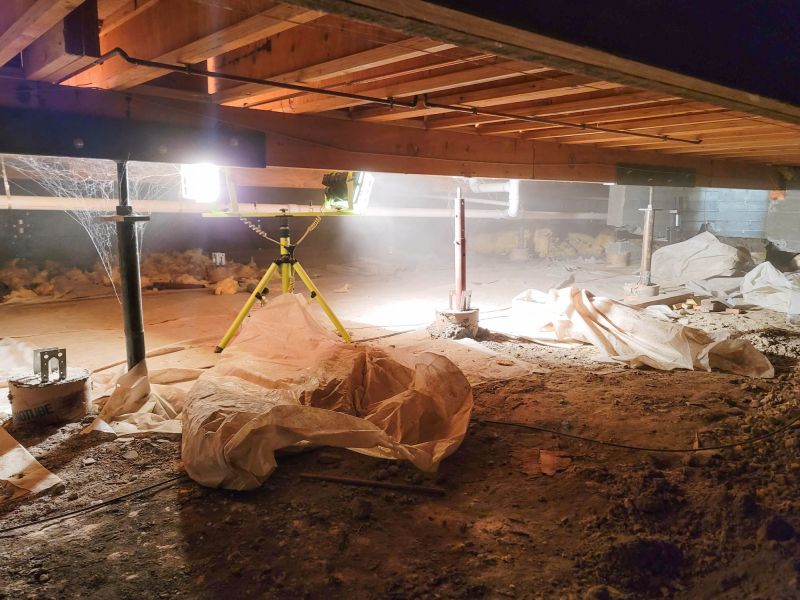
Ways to make Foundation Repairs work in tight or awkward layouts.
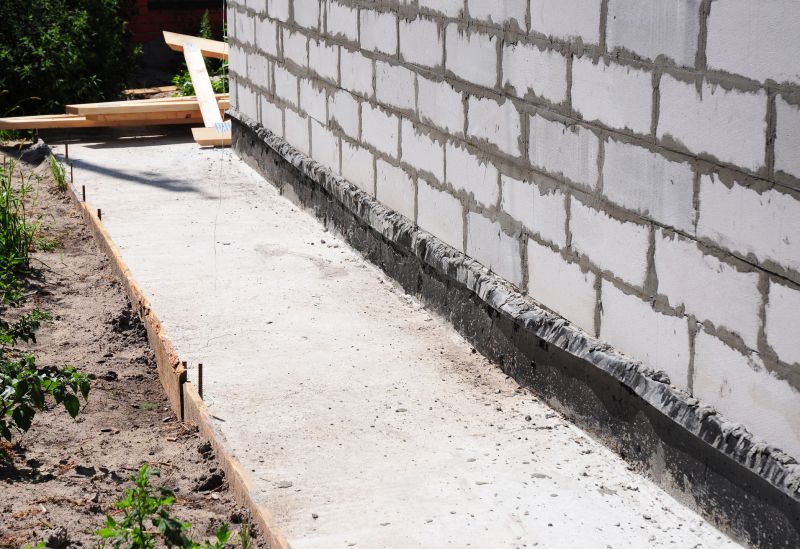
Popular materials for Foundation Repairs and why they hold up over time.
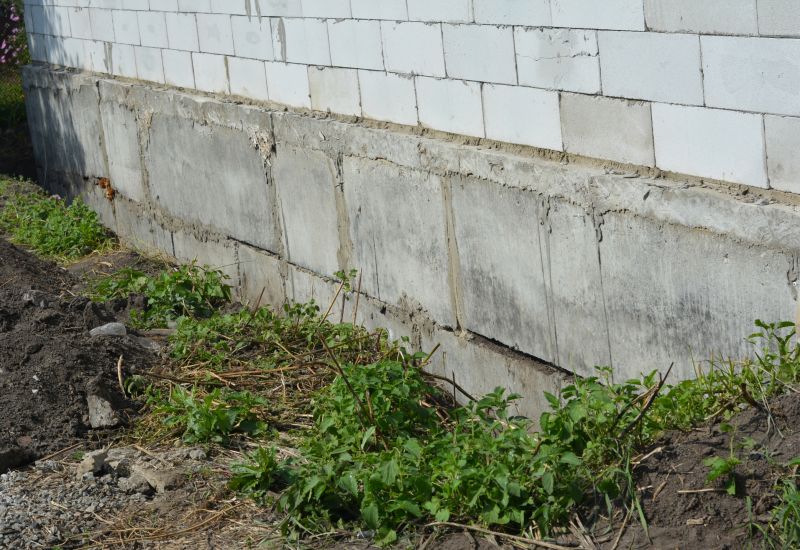
Simple add-ons that improve Foundation Repairs without blowing the budget.
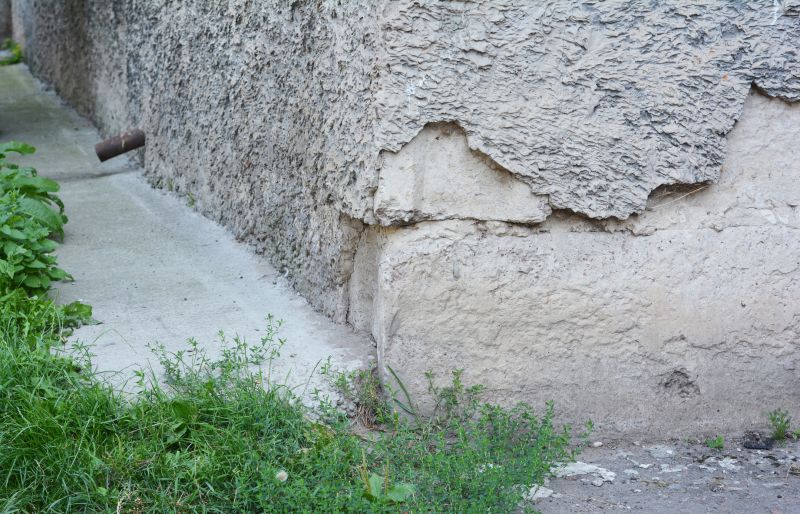
High-end options that actually feel worth it for Foundation Repairs.
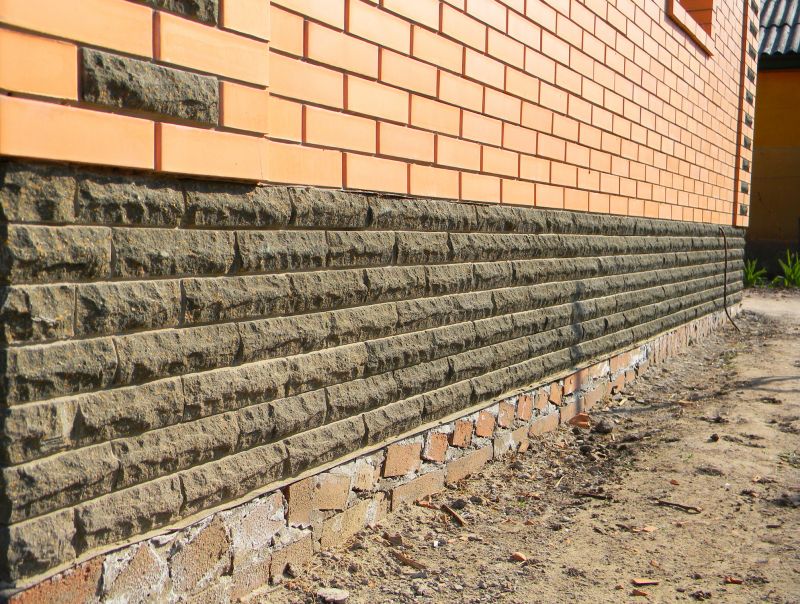
Finishes and colors that play nicely with Foundation Repairs.
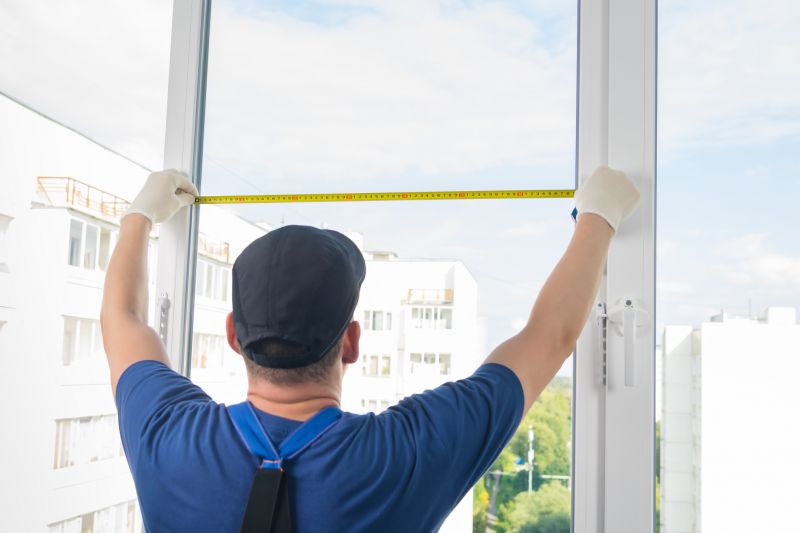
Little measurements that prevent headaches on Foundation Repairs day.
| Season | Optimal Conditions |
|---|---|
| Spring | Moderate temperatures, consistent moisture, ideal for soil stabilization. |
| Summer | Warm weather, longer days, but requires moisture management. |
| Fall | Cooler temperatures, higher soil moisture, suitable for certain repairs. |
| Winter | Freezing temperatures, generally less suitable, except in mild climates. |
Foundation repairs are critical for maintaining structural integrity and preventing further damage. Timely repairs can address issues such as cracking, settling, or shifting foundations. The choice of the best time for repairs depends on local climate conditions, soil type, and the specific repair techniques used. Proper scheduling during favorable weather can reduce complications and improve the longevity of the repairs.
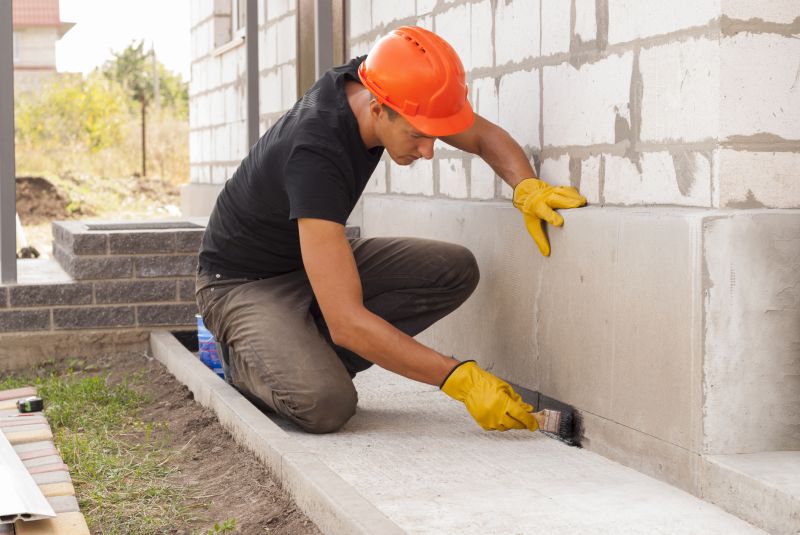
A 60-second routine that keeps Foundation Repairs looking new.
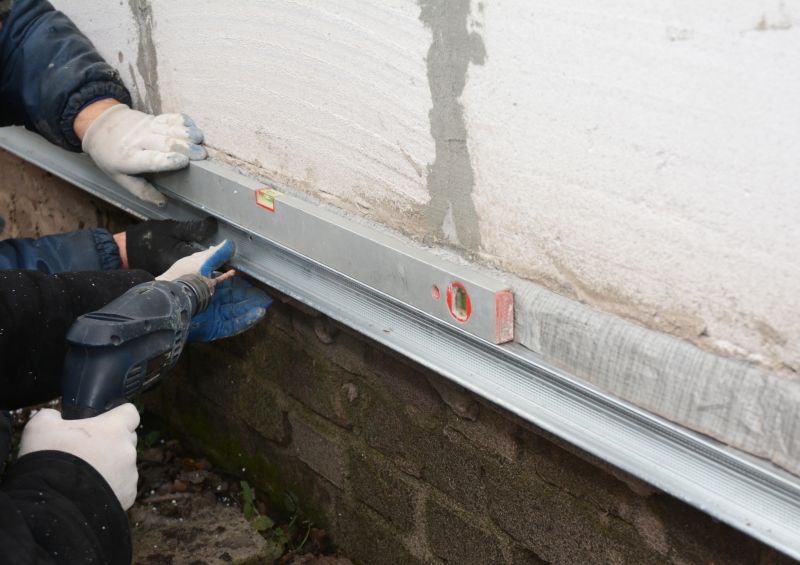
A frequent mistake in Foundation Repairs and how to dodge it.
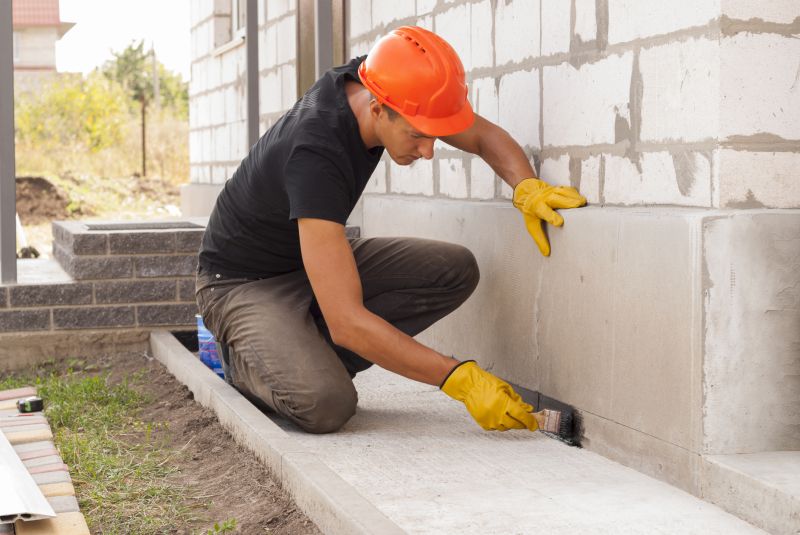
Small tweaks to make Foundation Repairs safer and easier to use.
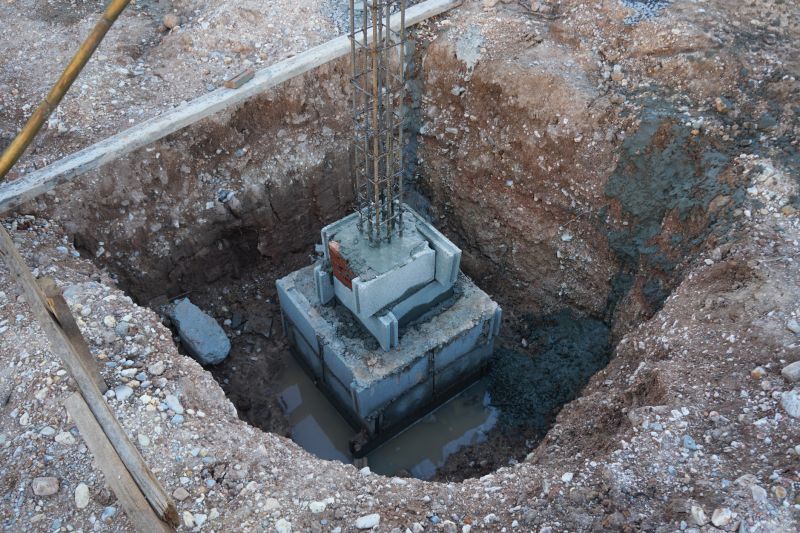
Lower-waste or water-saving choices for Foundation Repairs.
Choosing the right time for foundation repairs can minimize disruptions and ensure the effectiveness of the work. Consulting with foundation specialists can help determine the most suitable schedule based on local conditions and the extent of foundation issues. Proper planning and timing contribute to the durability and stability of the repaired foundation.

